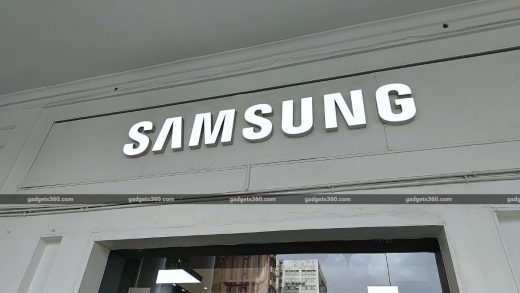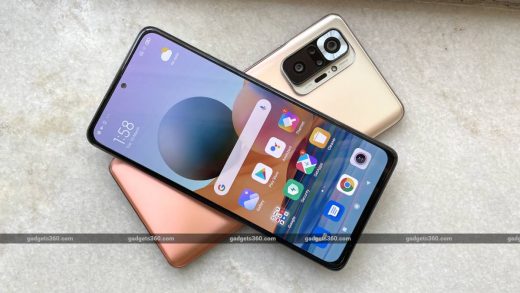:format(webp)/https://www.thestar.com/content/dam/thestar/entertainment/books/2023/06/07/when-youre-girlfriends-on-mars-a-tragi-comic-future-seems-inevitable/deborah_willis_author_of_girlfriend_on_mars.jpg)
Deborah Willis’ debut novel “Girlfriend on Mars,” veers giddily on the brink between satire and tragedy, transporting us to places we never dreamed we’d go. Central characters Kevin and Amber have been together for fourteen years since they met as teens in Thunder Bay. Now they share a combined grow-op/basement apartment in Vancouver, living off income from their superior product, Amber’s receptionist job and Kevin’s occasional film work.
Home is an overheated Garden of Eden (“better than the original” claims Kevin), where Kevin fondly regards their pot plants — from infancy to maturity — as their offspring. His previous literary and acting ambitions have fizzled into playing extras in the odd movie, like “stranger in the crowd,” a part he imagines his father might have played, had he ever met him. His writing is DOA, superseded by his fondness for weed and ’shrooms, and his fretting whenever Amber strays from their relationship.
Amber seems a wholly different creature. Not one to sit passively on their Ikea couch, she carries emotional scars from the gymnastic injury that shelved her Olympic dreams. That failure, plus her tough Evangelical upbringing, likely explains her panic attacks and guilty need to be punished. What she does have are ambition and brains. When a billionaire funds a Survivor-Star Trek mashup, a TV contest to crown two lucky contestants to board the first spaceship to Mars, Amber is all in. Not only can she escape the claustrophobia of an existence with Kevin, but her scientific knowledge about hydroponic plants could help save the Earth (also known as “this bullshit planet”). That we are rushing headlong toward a human-induced apocalypse is a given reality for this generation, and Amber wants more than anything to do something and — not at all incidentally — to win, by becoming the first woman on Mars.
If Amber embodies adventure, it’s Kevin who knows contemporary culture, 1980s movie plots, and ad campaigns. His interaction with his stoner friends provides the book’s humour, in a very Seth Roganish way. Despite his sluggish despair, Kevin sees the future with clarity. A one-way trip to the red planet? Seriously? The show’s contestants are obviously being exploited by the billionaire-for fame, ratings, social media clicks, sales of Mars snacks. “Slick Nick” as Amber calls her producer, uses the weekly shows to rev up the fan base as contestants travel to exotic locations. It’s all fake: no eating on camera, no actual heat in the Latvian sauna. Amber’s budding romance with Adam, another would-be space traveller, is a liaison designed for viewer consumption, further breaking Kevin’s heart.
At home in pot Eden, Kevin’s reading takes him into the fictional worlds of the wandering Odysseus and F. Scott Fitzgerald’s delusional Jay Gatsby , both are sources of two of the book’s three epigraphs. The third quotes the very real Elon Musk: “Nuke Mars.”
However fantastic, nutty and corrupt this all sounds, we are reminded that Musk and his fellow billionaires are already deep into space travel. And that reality, together with Willis’ witty writing, entangles us in the quagmire of comedy, love and fear portrayed in these pages. Sometimes it seems as if this Vancouver couple might represent one whole — albeit flawed — being, with Kevin representing feeling, and Amber, blind ambition, and the universal urge to flee town, or in this case, the planet, while earthly love takes a back seat.
JOIN THE CONVERSATION
does not endorse these opinions.


